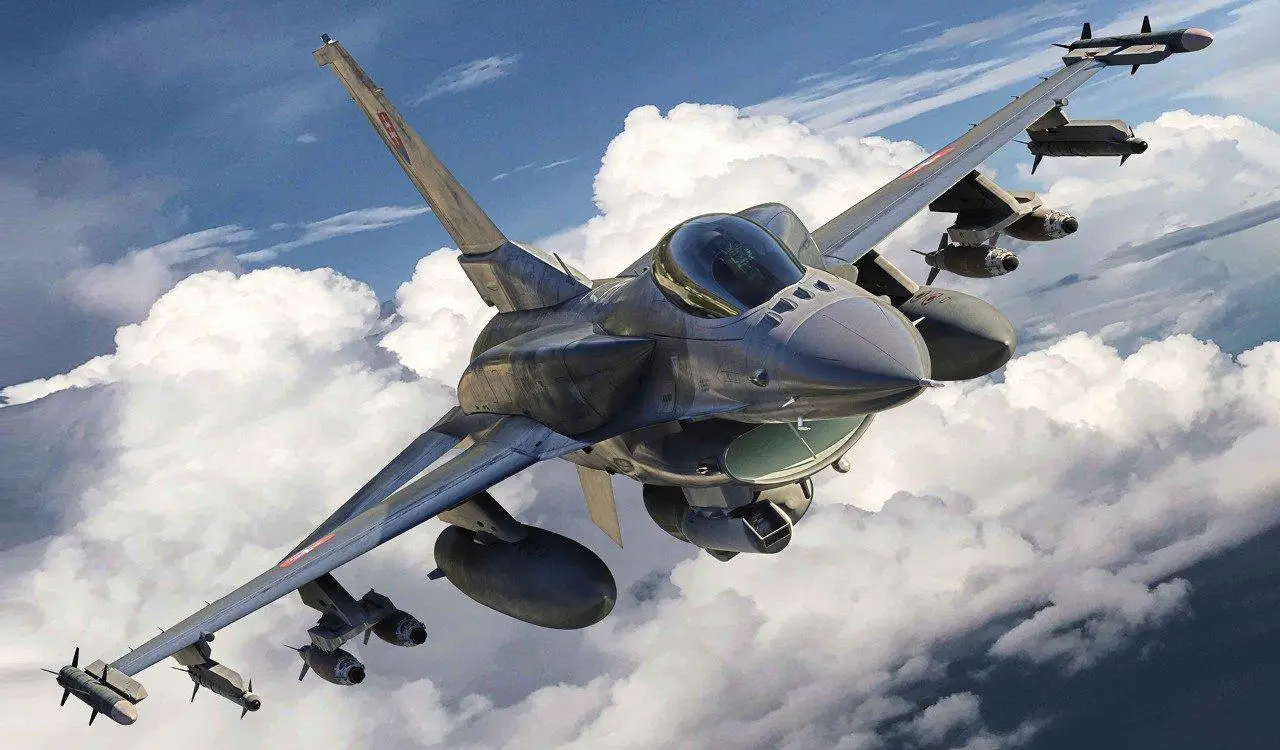Under the Slovak Air Force F-16 Block 70 Fighter Jet Programme and as part of the process of converting to F-16 operations, LOTN (Letecké opravovne Trencín, Aircraft Repair Company Trencín), a state-owned joint stock company, has established closer and more intense cooperation with Lockheed Martin Global, Inc. (LMGI). The company is currently preparing the infrastructure of its workplaces for different types of repairs, specifically on the aircraft’s electrical systems, undercarriage, and hydraulic components. LOTN will participate in the maintenance and repair of some parts of the Slovak Air Force F-16s and in the introduction of a logistics information software for the fleet management of the combat aircraft.
Director General of LOTN Lubomír Galko said: “Under the contract for the F-16 Block 70 jets, testing equipment is expected to be delivered in the second half of the year. Subsequently, LOTN staff will be trained on the testing equipment and on the conduct of maintenance and repairs to the aircraft?s specific system units.”

Another area of cooperation in which LOTN will be involved is the implementation of the ILIAS Defence Platform. This logistics information system has been selected for the fleet management of the Slovak Air Force F-16 fighter jets. The ILIAS software platform provides a complex tool for the organisation of F-16 logistics support, the operational use of the aircraft, training and spare parts management. Hardware and software solutions and training of personnel will be part of the implementation process at LOTN. As a priority, the software will be used for the servicing and repair of the aircraft’s specific system units.
In 2018, the U.S. State Department has made a determination approving a possible Foreign Military Sale to Slovakia of F-16V Block 70/72 configuration aircraft. Slovakia, a NATO member, signed a deal in 2018 to buy 14 fighters, worth around $1.6 billion, to replace ageing Russian-made MiG-29 planes, as a part of efforts to modernise its military. The F-16V will feature enhancements including an AN/APG-83 active electronically scanned array (AESA) radar, an upgraded mission computer and architecture, and improvements to the cockpit – all capabilities identified by international customers for future improvements. The new variant is dubbed the “Viper”.















